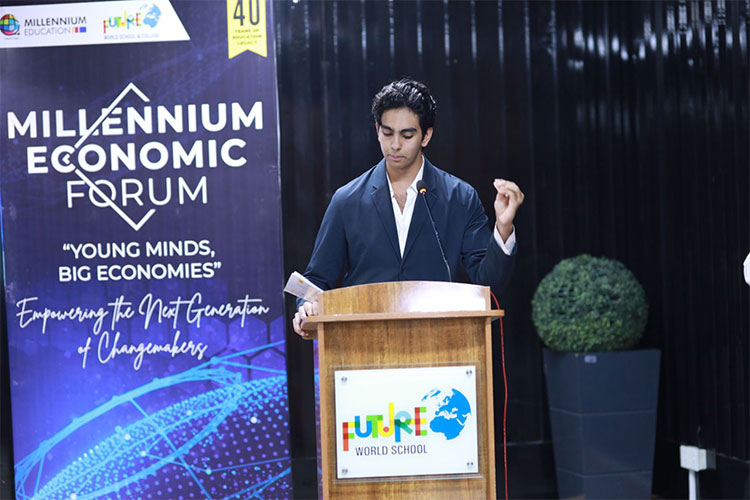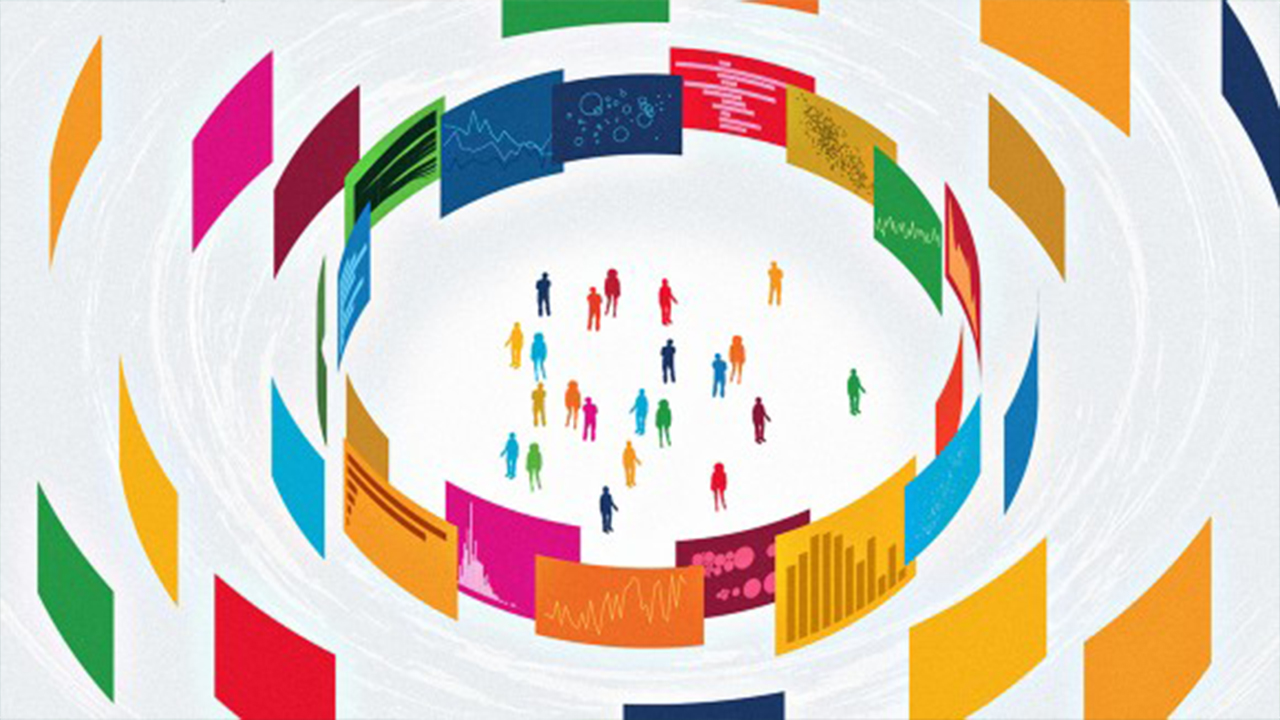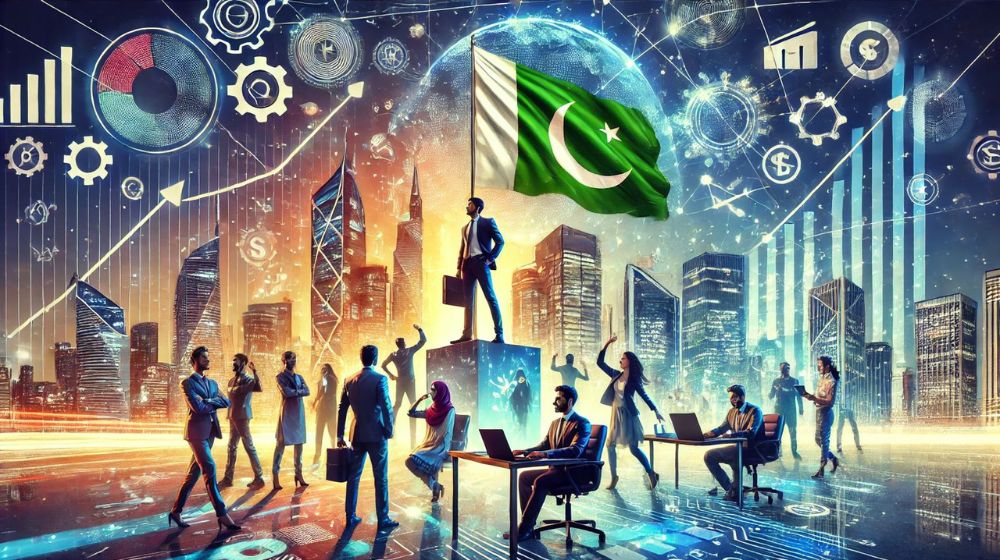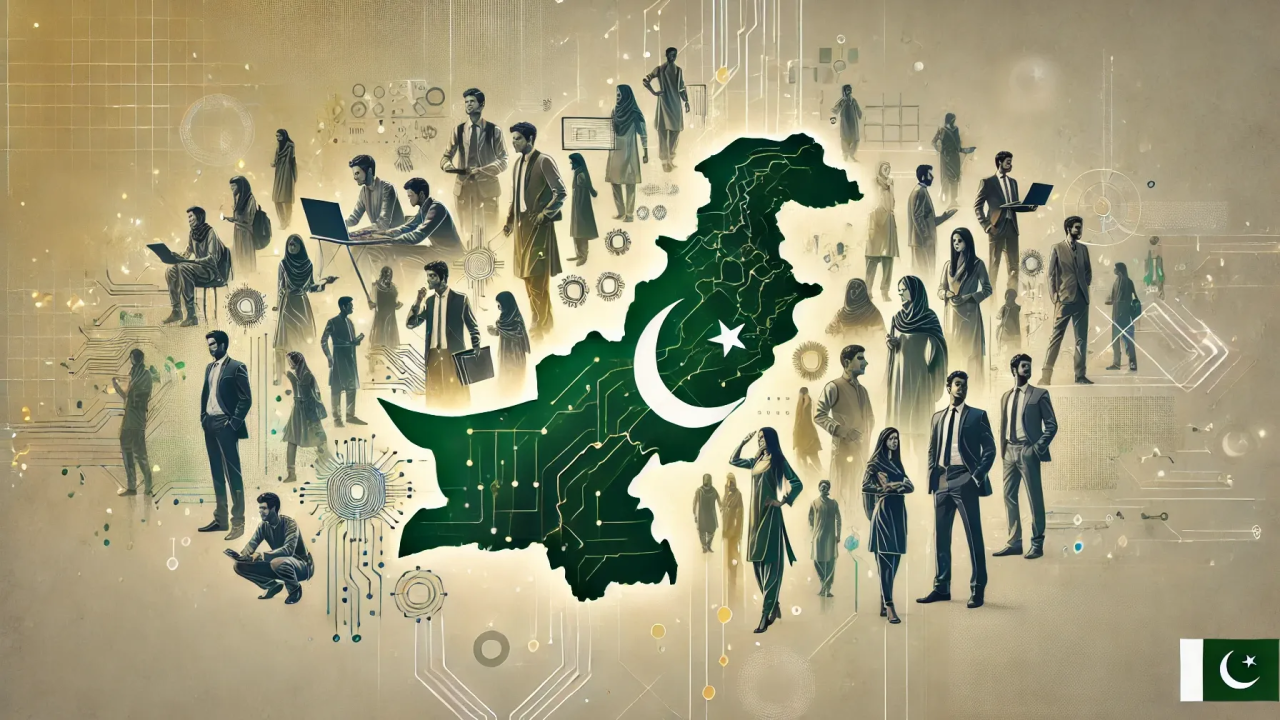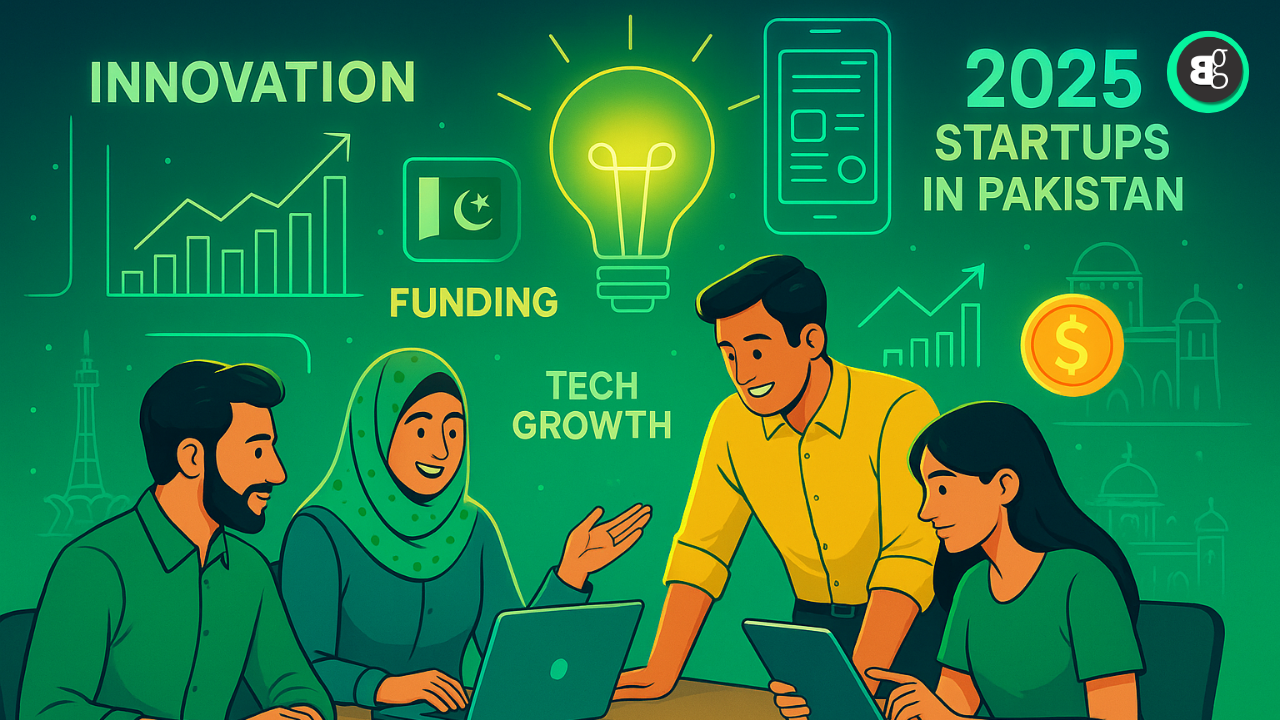Pakistan is at a critical juncture in its economic development. With a population exceeding 240 million, more than 60% are youth under the age of 30. This demographic presents a remarkable opportunity to stimulate economic growth, provided young Pakistanis are empowered, engaged, and encouraged to contribute constructively. As the President of the Millennial Economic Forum (MEF), I firmly believe that students and young professionals can play a pivotal role in shaping a prosperous future for Pakistan.
One of the most immediate ways youth can impact the economy is through education and skill development. Pakistan faces a persistent skills gap in sectors such as technology, finance, healthcare, and manufacturing. While universities provide foundational knowledge, students must actively seek opportunities to gain practical, market-relevant skills. Programs in coding, data analysis, entrepreneurship, and digital marketing equip students with the tools to not only secure employment but also to innovate within the economy. As students, we can take the initiative to attend workshops, participate in online courses, and engage in internships that bridge academic knowledge with industry demands.
Beyond personal skill development, entrepreneurship and innovation offer a direct route to economic contribution. Young entrepreneurs are uniquely positioned to identify inefficiencies in traditional markets and introduce innovative solutions. Pakistan has witnessed a rise in student-led startups that address everyday problems—ranging from fintech apps simplifying payments to agritech solutions supporting farmers. These ventures create jobs, attract investment, and diversify the economy. For instance, student entrepreneurs participating in competitions and incubators across Pakistan have demonstrated that even modest ideas can evolve into impactful businesses, contributing to national growth.
Equally important is active civic engagement. Economic growth is not solely the result of business ventures; policy and community initiatives also play a significant role. Students can influence local governance, participate in community development projects, and contribute to policy discussions. Engagement with organizations such as MEF allows students to advocate for reforms in taxation, education, and youth employment, ensuring that government policies align with the needs and talents of young Pakistanis. This dual approach—innovating through business and engaging in civic processes—can create a sustainable economic ecosystem.
Technology and digital platforms further amplify youth contributions. Digital entrepreneurship, freelancing, and online education provide new avenues for economic participation, transcending traditional barriers. Students skilled in digital tools can engage in remote work, create software solutions, and provide consultancy services that earn foreign income. Platforms such as Upwork and Fiverr have enabled young Pakistanis to monetize skills globally, demonstrating that youth can integrate into international markets while strengthening the local economy.
While challenges persist, including unemployment, political instability, and limited access to funding, the potential of Pakistan’s youth is undeniable. By focusing on education, entrepreneurship, civic engagement, and technological adoption, young Pakistanis can transform these challenges into opportunities. As an A-Level student and MEF President, I see my peers not just as learners but as active contributors who can drive economic innovation, influence policy, and inspire systemic change.
In conclusion, Pakistan’s youth hold the key to economic transformation. By developing relevant skills, embracing entrepreneurship, engaging in civic initiatives, and leveraging digital tools, students can play a decisive role in building a prosperous and resilient economy. Our generation must recognize its responsibility and rise to the challenge, turning potential into tangible growth for our nation.


